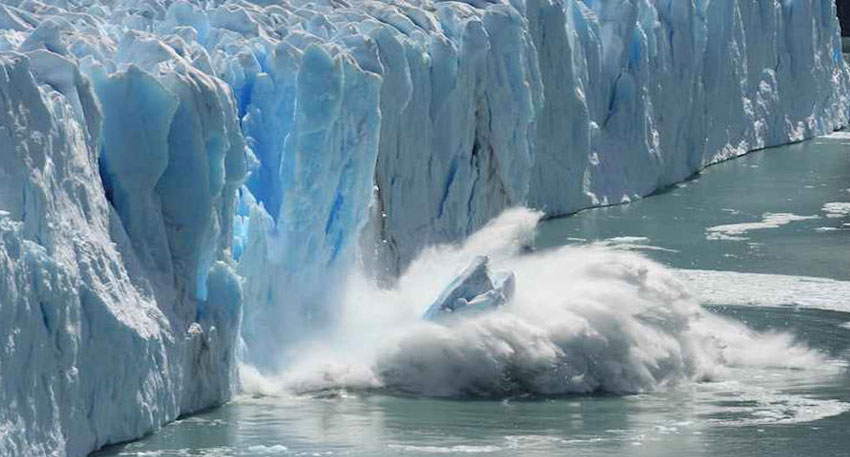
Glacial meltwater flowing down from the white-capped peaks has resulted in rivers overflowing, with the Hunza River now in full flood. In Chitral, the Inter-Provincial Highway has remained closed for seven days, and the Gilgit–Shandur Road has been closed for the last 12 days as a result of unprecedented flooding.
In Morkhun and Gorchhi, huge sections of the Karakoram Highway have been swept away, cutting off several villages and depriving residents of access to key supplies. The halt has also left many tourists stranded in the upper Ghizer valley, triggering fears of shortages of food and commodities.
Also Read: Flood alert across Pakistan - NDMA warns of monsoon danger until August 8
Heavy rains in the recent past have filled Tarbela Dam to full capacity, and authorities have announced the opening of its spillways. The Provincial Disaster Management Authority (PDMA) has issued alert messages for Swabi, Haripur, and Nowshera, as water levels in the Sutlej River and other nearby streams in Punjab keep rising.
In Liaquatpur, heavy riverbank erosion on the Chenab has resulted in destruction of hundreds of houses, and in Taunsa, low-lying katchha lands have been inundated after the Indus River broke. The displaced families are currently residing under open skies, expecting urgent relief.
Experts predict that the rapid glacial melt has set off a perilous chain of flooding from Pakistan s north mountain ranges to its plains in the south. If weather conditions continue to worsen, they warn, the devastation would intensify in the next few days.



